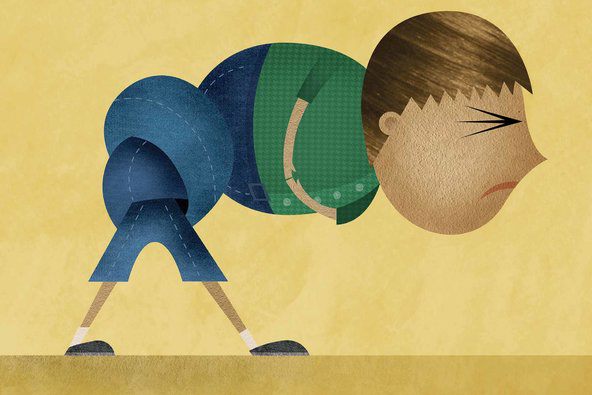Constipation is a very common problem among kids. If your child complains of mild to more sever stomach pain, with no other symptoms, he or she may be suffering from constipation, especially if the pain disappears after a bowel movement.
Dr. Mingmuang Worawattanakul, Pediatric Gastroenterology (Digestive System), Children’s Center, Bumrungrad Hospital, explains that about 95% of cases of constipation in children are associated with diet and bowel habits. Young children can be especially picky when it comes to food, and insufficient fruits, vegetables and water cause hard stools. This may put them off going to the toilet, exacerbating the issue.
If left untreated, constipation can become a long term (chronic) problem, affecting a child’s physical development. It can result in a lack of proper nutrition, as it prevents children from eating full meals. Also, chronic constipation may lead to emotional issues; in some cases, it can cause runny stools, which kids cannot control, making them feel embarrassed if this occurs in public. Also, prolonged stomach pain and discomfort from constipation can cause irritability and general unhappiness.
If your child suffers from constipation or stomach pain, consult with their pediatrician for the best course of treatment, which may or may not include stool-softening medication, depending on the severity of the case. Most likely, the doctor will recommend a change in habits, including boosting your child’s consumption of fruit and vegetables. Try homemade vegetable soups and fruit juices, which reduce constipation, up water intake and get your child into a regular toilet habit. Also, avoid or minimize foods that can harden stools, such as brown rice, bananas, chocolate and cheese.
By Dr. Mingmuang Worawattanakul, Pediatric Gastroenterology (Digestive System), Children’s Center, Bumrungrad Hospital
Photo credit Joyce Hesselberth













